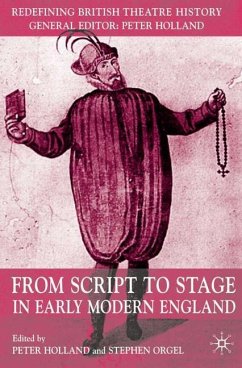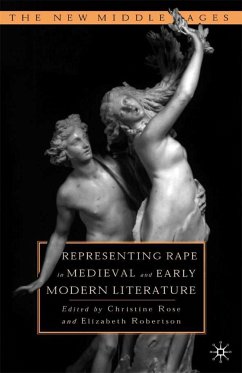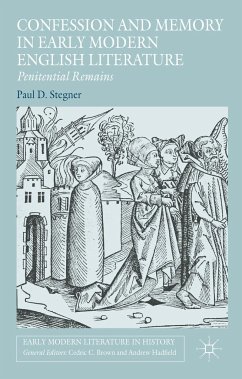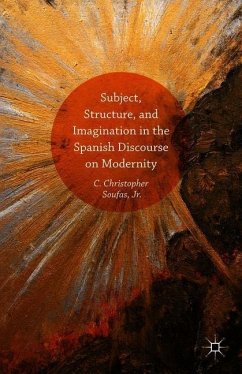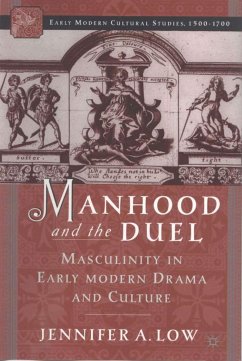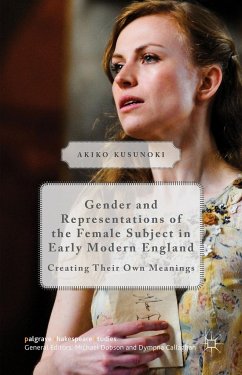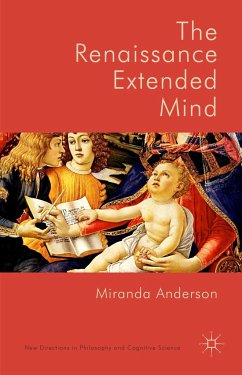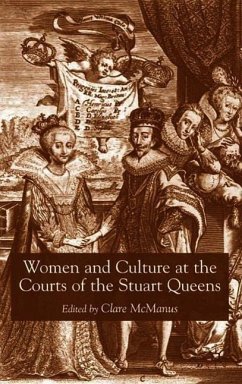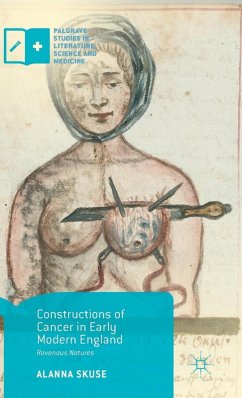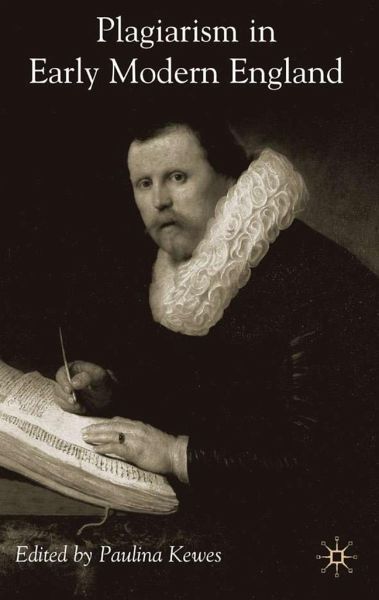
Plagiarism in Early Modern England

PAYBACK Punkte
19 °P sammeln!
What Is plagiarism? How was it understood and judged in early modern England? This interdisciplinary study sets out at once to theorize and historicise plagiarism. The first part launches a vigorous debate about the ethical, philosophical, artistic, and legal implications of plagiarism. Individual essays in part two provide historical case studies. Variously centred on translations of the Bible, historiography, drama, poetry, dance treatises, sermons, and colonial grammars, the essays show how a nexus of concepts developed between the Renaissance and the early nineteenth century - plagiarism, ...
What Is plagiarism? How was it understood and judged in early modern England? This interdisciplinary study sets out at once to theorize and historicise plagiarism. The first part launches a vigorous debate about the ethical, philosophical, artistic, and legal implications of plagiarism. Individual essays in part two provide historical case studies. Variously centred on translations of the Bible, historiography, drama, poetry, dance treatises, sermons, and colonial grammars, the essays show how a nexus of concepts developed between the Renaissance and the early nineteenth century - plagiarism, imitation, forgery, copyright, and intellectual property - and how they have been defined and contested.





